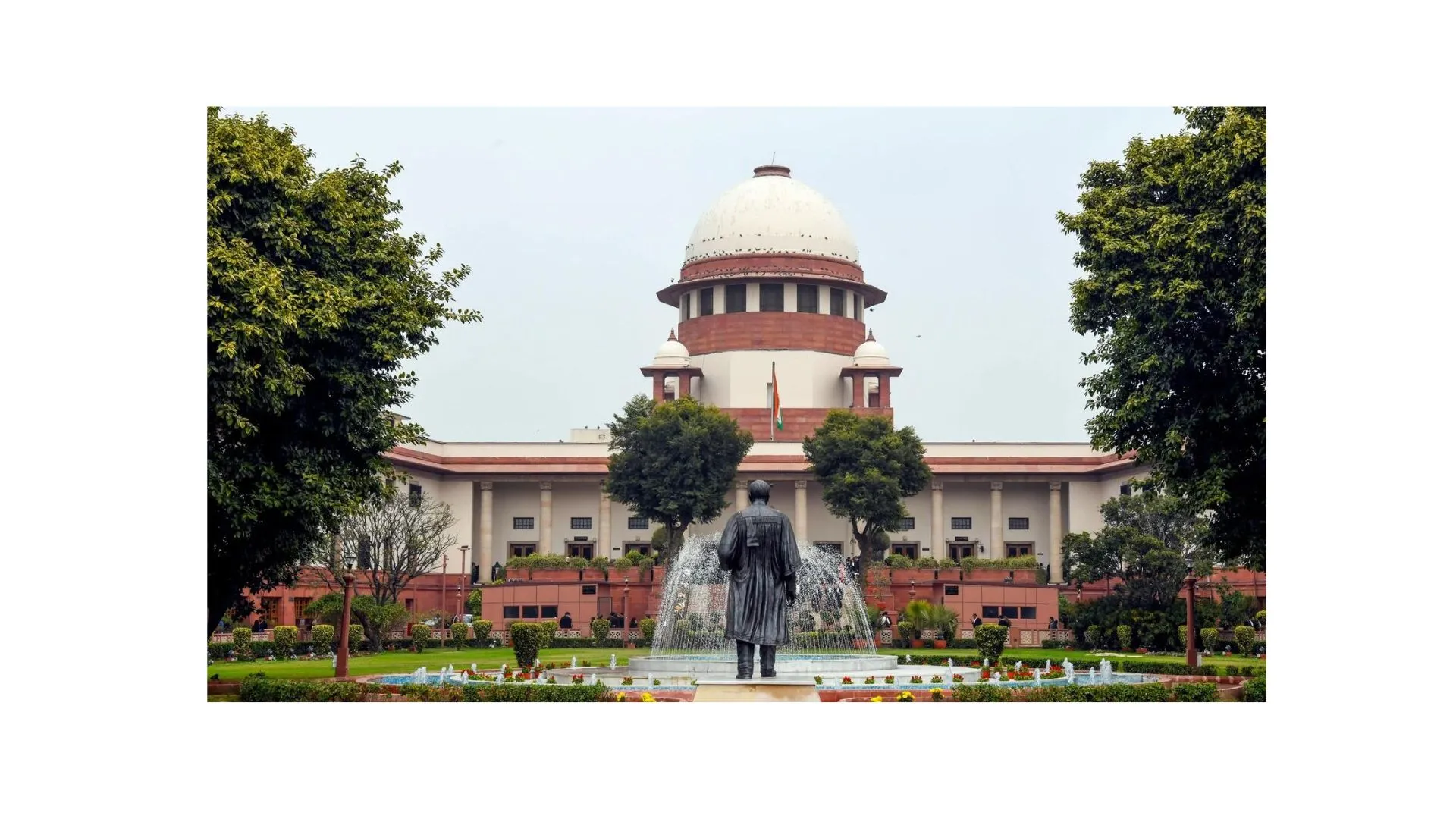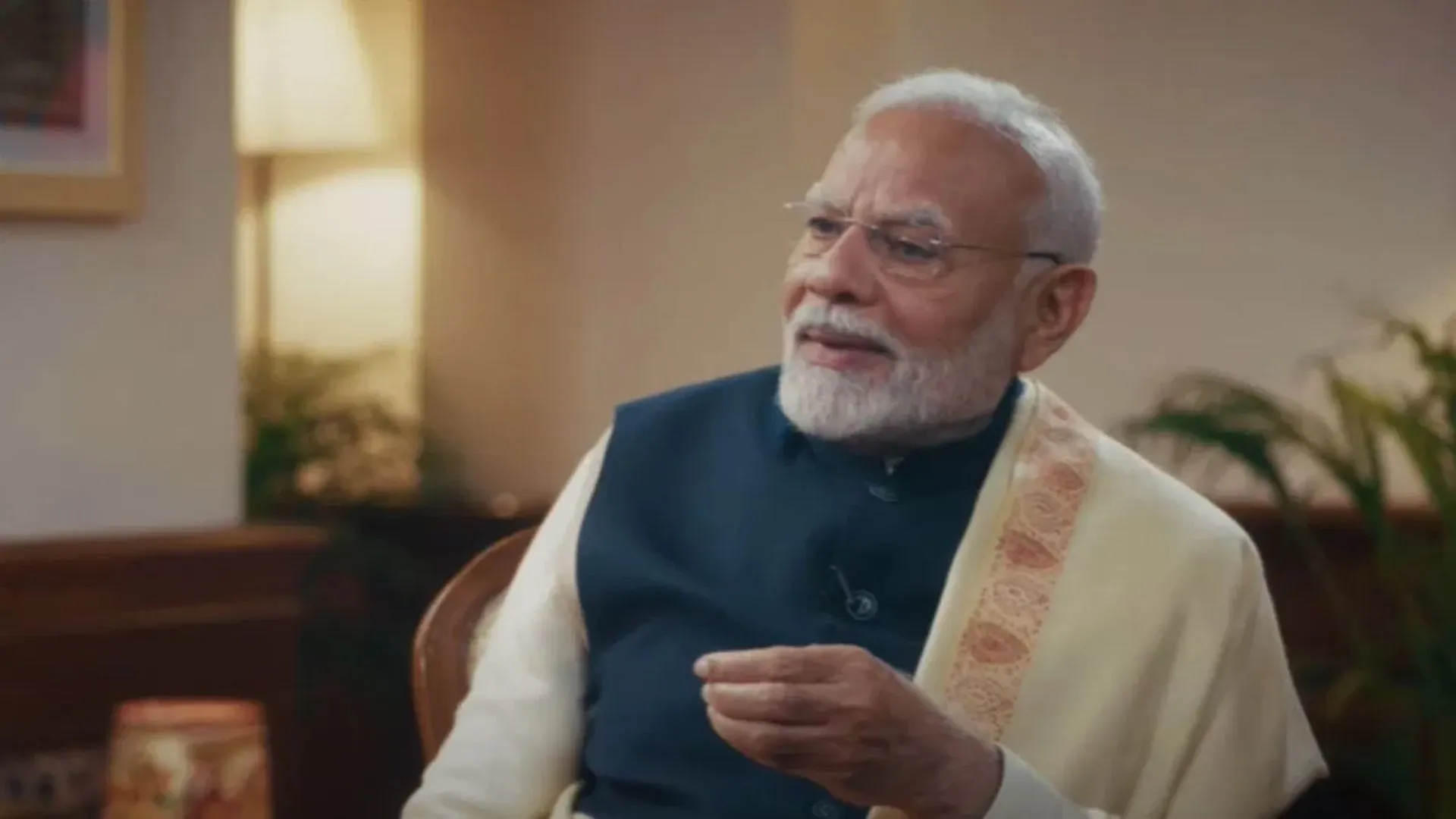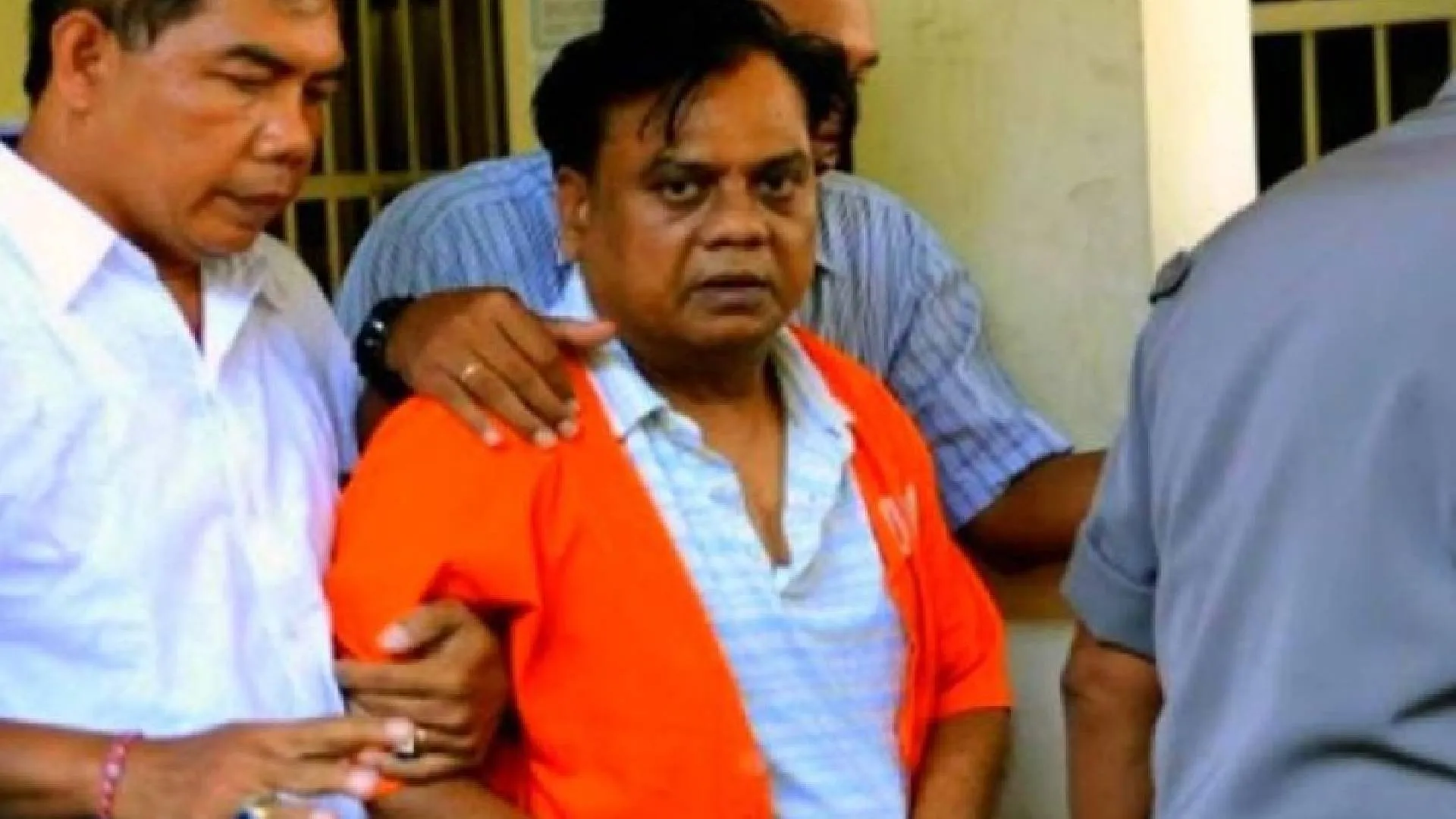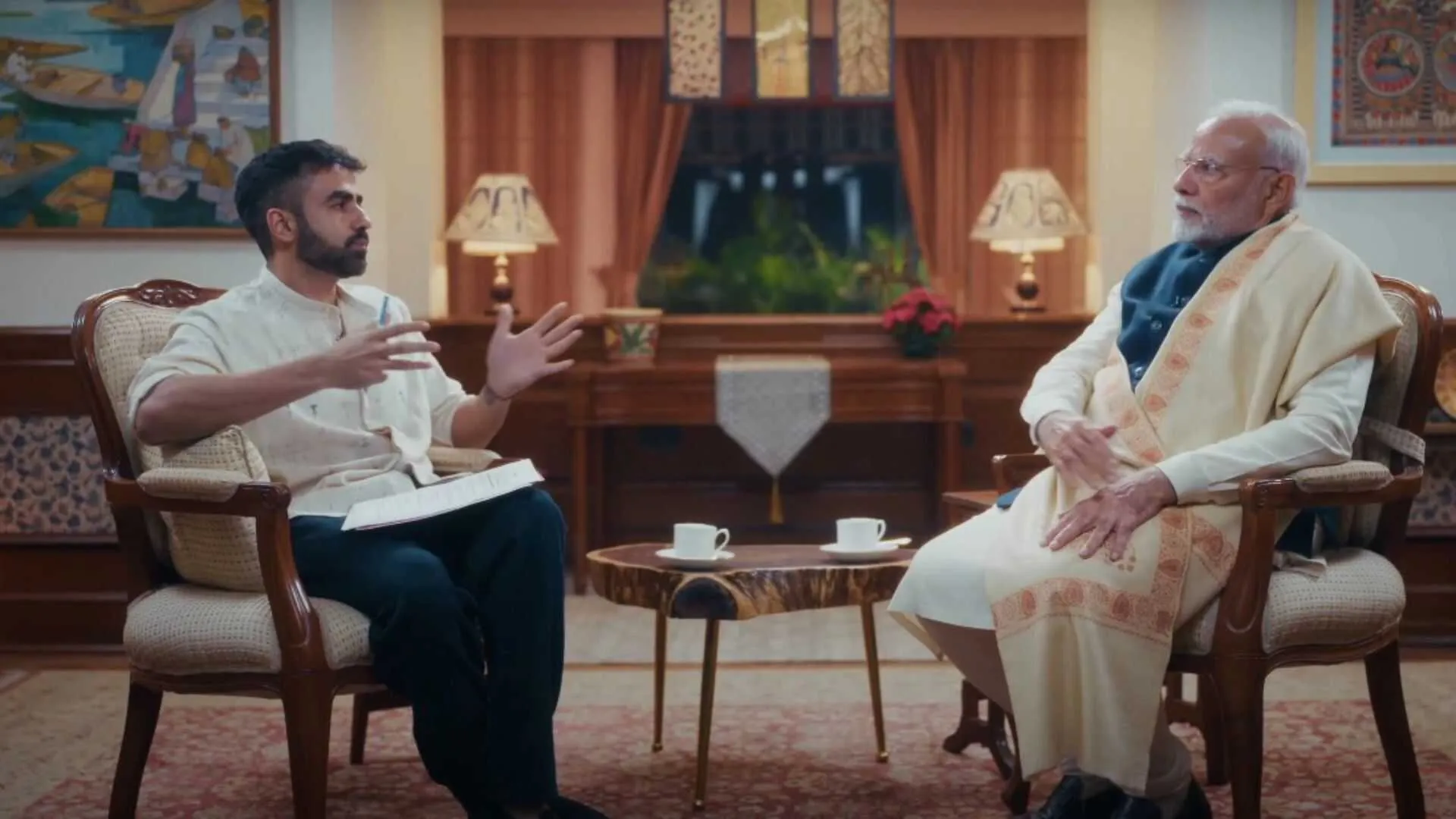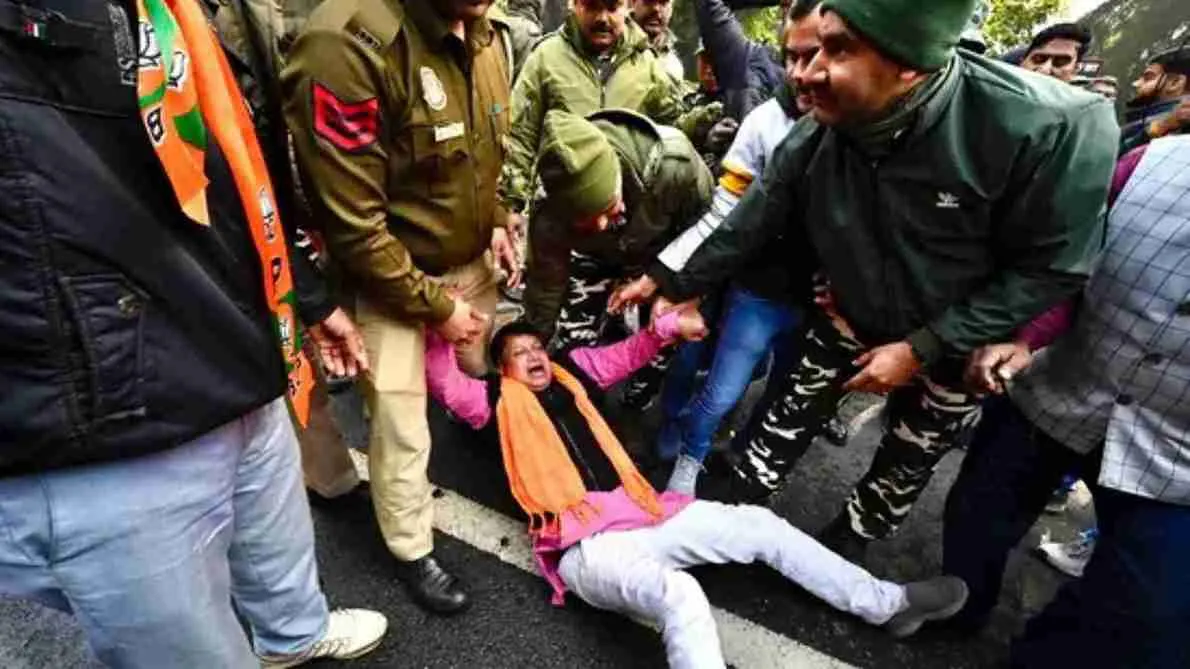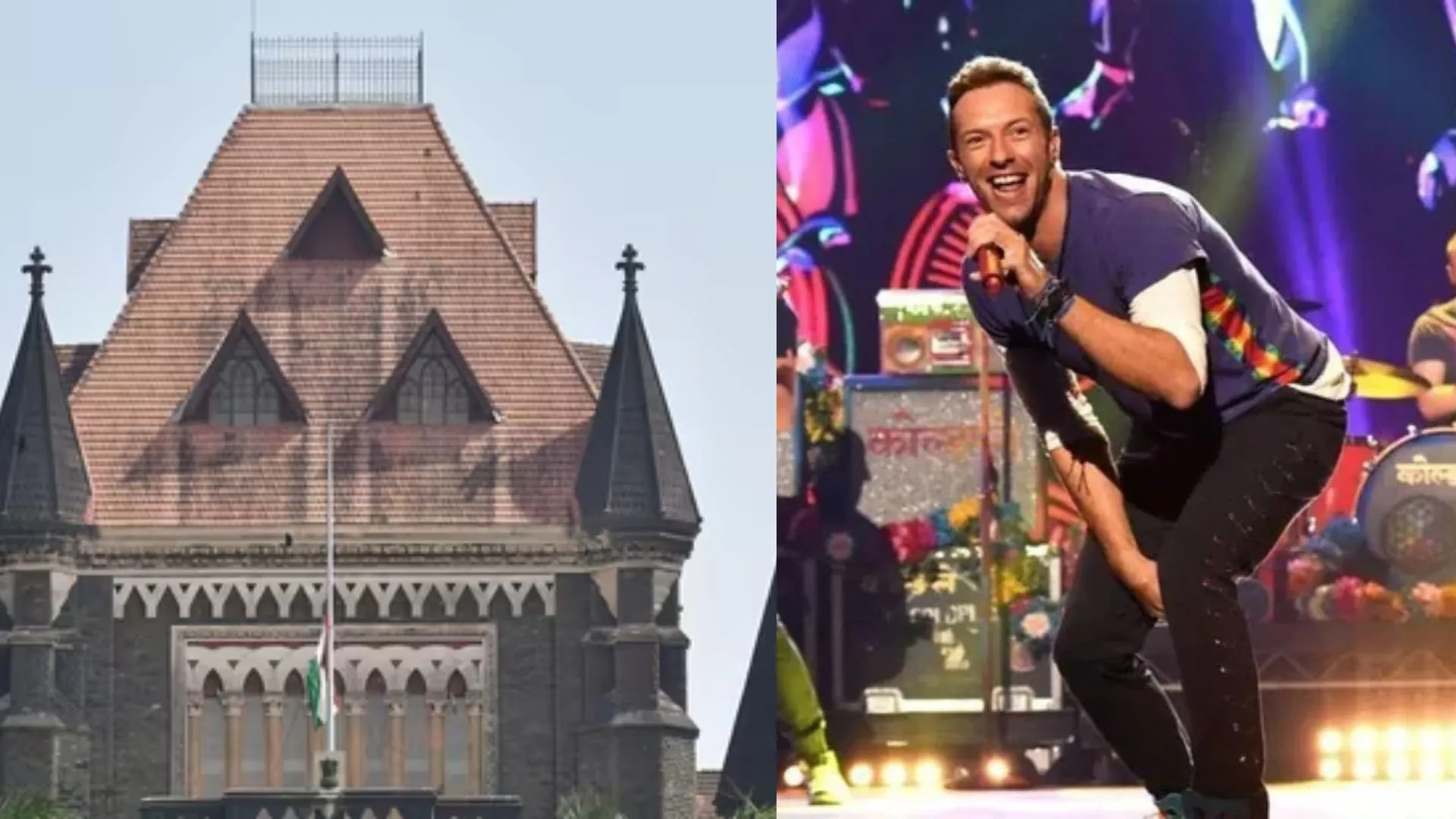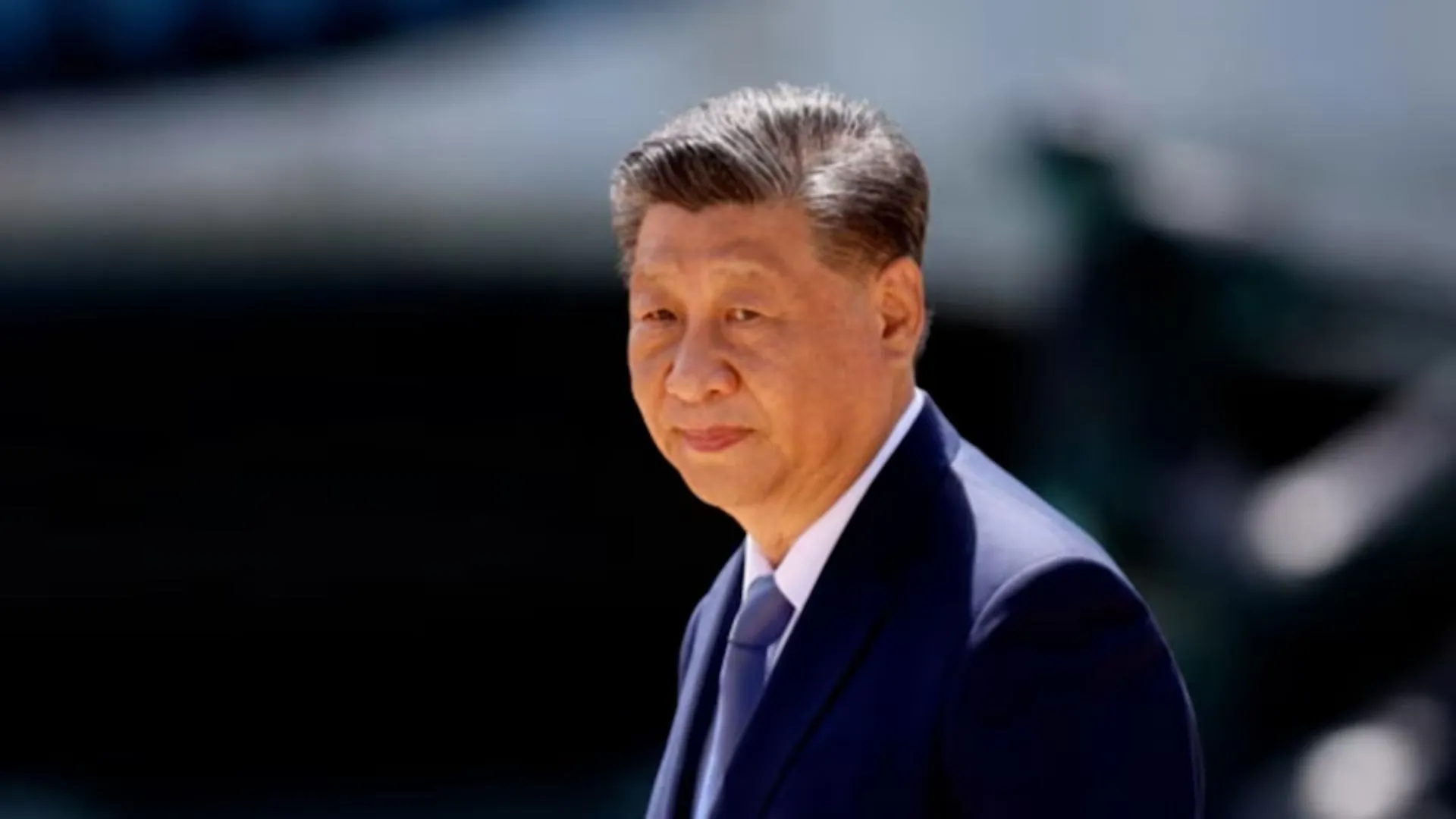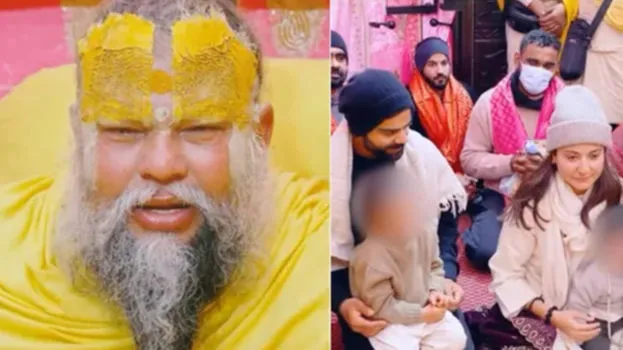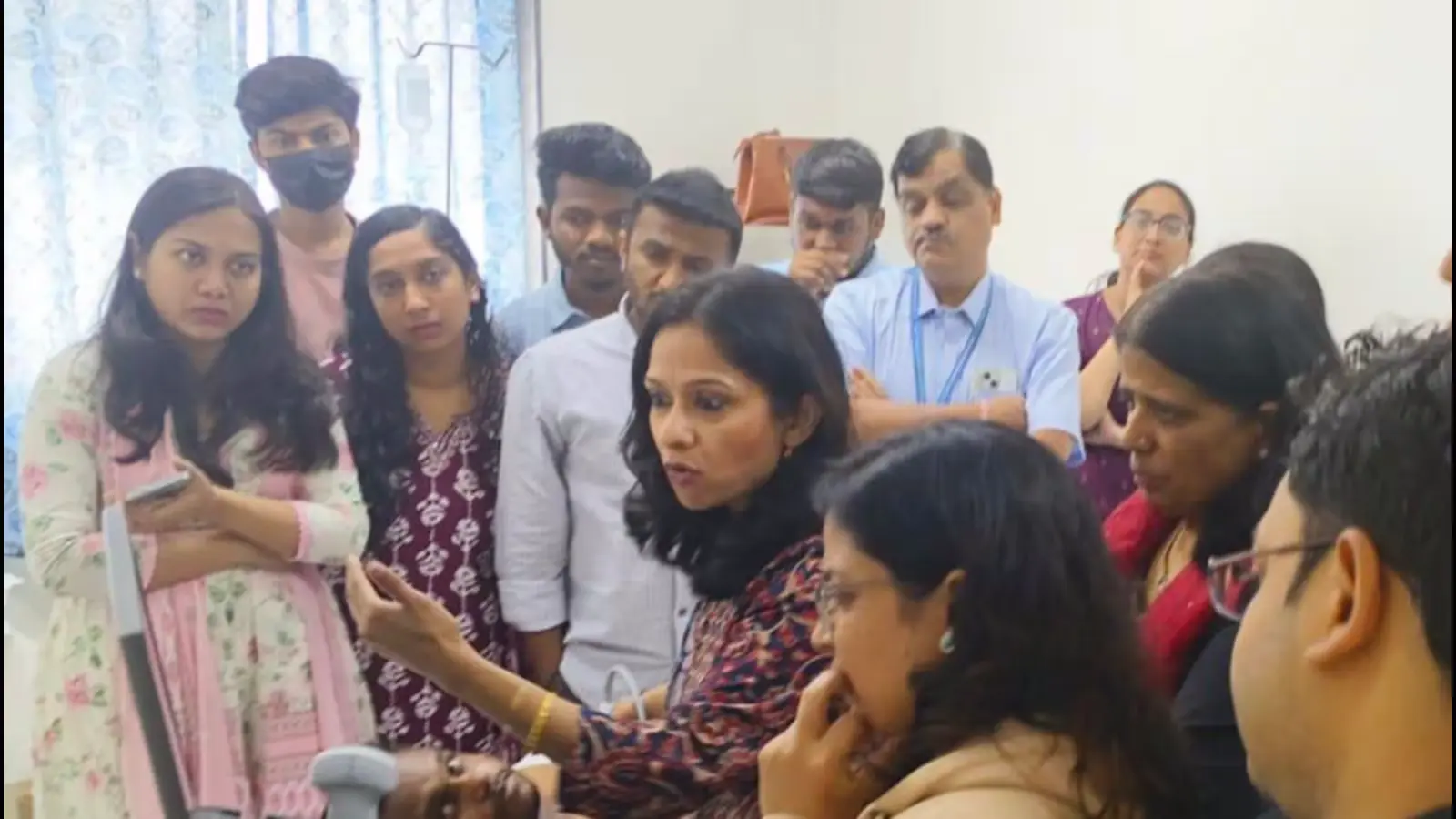On Tuesday, the Supreme Court granted bail to Jalaluddin Khan, reiterating that “bail is the rule and jail is the exception,” even under stringent laws like the Unlawful Activities (Prevention) Act (UAPA), 1967.
Khan was charged under the UAPA for allegedly being an active member of the banned organization Popular Front of India (PFI) and for renting out his property to PFI members for training sessions.
A bench of Justices Abhay S Oka and Augustine George Masih overturned the Patna High Court’s decision, which had previously denied Khan bail.
The apex court said that on a plain reading of the charge sheet, it is not possible to record a conclusion that there are reasonable grounds for believing that the accusation against the appellant of commission of offences punishable under the UAPA is prima facie true.
It said that even if the allegations against the accused are serious, courts have the duty to grant bail when the conditions laid down under the law for grant of bail are satisfied.
The apex court, in its judgment, said that there is not even an allegation in the charge sheet that the appellant was a member of any terrorist gang.
“The charge sheet does not mention the name of the terrorist organisation within the meaning of Section 2(m) of which the appellant was a member. We find that the PFI is not a terrorist organisation, as is evident from the first schedule,” it held.
The top court further said that the Special Court and the High Court did not consider the material in the charge sheet objectively. Perhaps the focus was more on the activities of PFI, and therefore, the appellant’s case could not be properly appreciated, it added.
“When a case is made out for a grant of bail, the courts should not have any hesitation in granting bail. The allegations of the prosecution may be very serious. But the duty of the Courts is to consider the case for grant of bail in accordance with the law,” it said.
“Bail is the rule and jail is an exception is a settled law. Even in a case like the present case where there are stringent conditions for the grant of bail in the relevant statutes, the same rule holds good with only modification that the bail can be granted if the conditions in the statute are satisfied. The rule also means that once a case is made out for the grant of bail, the Court cannot decline to grant bail. If the courts start denying bail in deserving cases, it will be a violation of the rights guaranteed under Article 21 of our Constitution,” it added.
The chargesheet stated that during the search, the police had retrieved documents from the co-accused (who rented the upper floor) relating to unlawful activities aimed at disrupting the sovereignty of India to cause disaffection against the country and establishing pan-Islamic rule in India by subverting the Constitution.
The appellant had claimed that he was not affiliated with PFI or any banned organisation and that his involvement was limited to renting property.

